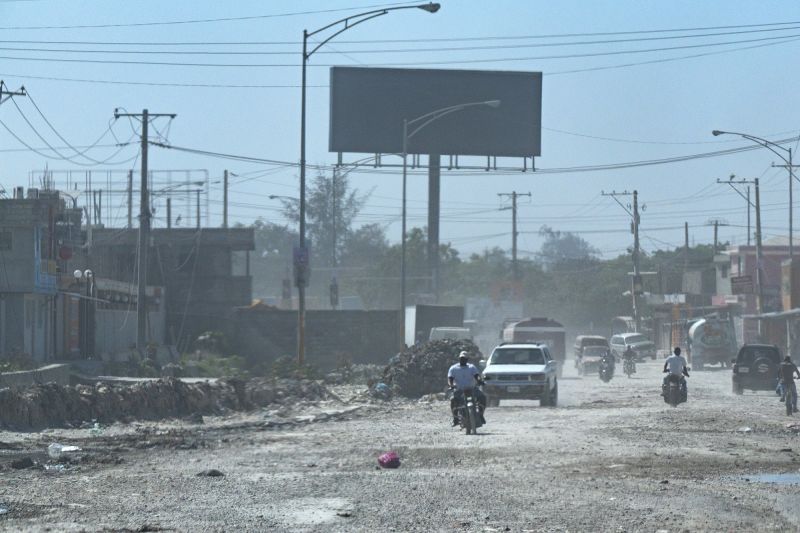The Haitian capital, Port-au-Prince, is caught in the grips of an alarming wave of gang violence, as local communities are torn into the battleground of machete-wielding militias and criminal gangs. This surge in violence comes amid the jostling for power among Haiti’s elite, creating a socio-political climate that only exacerbates the humanitarian crisis in what is the Western Hemisphere’s poorest nation.
Machete-wielding militias, made up predominantly of local men, offer a narrative that runs in contrast with the traditional depictions of lawless brigades. These are not ruthless outlaws in the classic sense but desperately driven individuals who attempt to protect their communities in the face failing state institutions and an overwhelmed local police force. Their weapon of choice, the machete, is not only easily accessible in a rural country like Haiti but also has a deep historical resonance for a nation born out of a slave rebellion.
However, these well-intentioned community defenders are up against a terrifying adversary. Armed gangs have multiplied in number and power, largely fuelled by the political maneuvering of Haiti’s power elites. These factions, according to many reports and experts, use the gangs as proxies to assert control, wield influence and create disruptions. The scale and sophistication of gang violence has therefore risen exponentially, with well-coordinated attacks leading to hundreds of deaths and mass displacements throughout Port-au-Prince.
Contrasting the image of machete-bearing militias is the undeniable fact that these local dissidents are significantly underprepared to combat the threat of well-armed gangs. In a shared struggle for survival, the inequality of power is glaringly visible. This brings not only the perils of escalating violence to these neighborhoods but also the risk of these local militias being co-opted by political maneuvers or turning to crime themselves.
On the political front, the current chaos plays to the advantage of a select group of individuals – Haiti’s elites. The power vacuum left by the assassination of President Jovenel Moïse in July 2021, coupled with economic uncertainties and endemic corruption, has resulted in a power-struggle among the nation’s upper crust. The spike in criminal activity operates as a convenient cover for the destabilization efforts by various factions vying for leadership; hence, the war playing out on the streets of Port-au-Prince is symptomatic of the larger power play within the elite class.
The complexities of the situation are augmented by the nation’s history of foreign intervention and aid dependency. The international community’s historical complicity also reveals its responsibility—furthering the idea that merely addressing the safety crisis in Port-au-Prince will not suffice. Comprehensive policies and concentrated efforts to restore state institutions, fight corruption and reduce inequality, while simultaneously addressing the root causes of gang-violence, must be put in place.
In conclusion, the battle between machete-wielding militias and gangs in Port-au-Prince, reflects the country’s critical social, economic, and political crises. Against this grim backdrop, the machete-wielding citizens are brought to the forefront of a battle that is not their making, with the chief perpetrators and profits of this crisis seated comfortably in the upper echelons of Haitian society.




